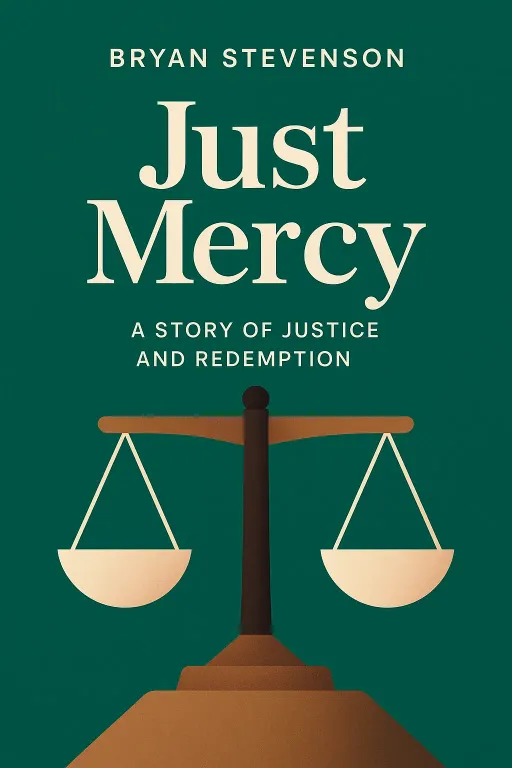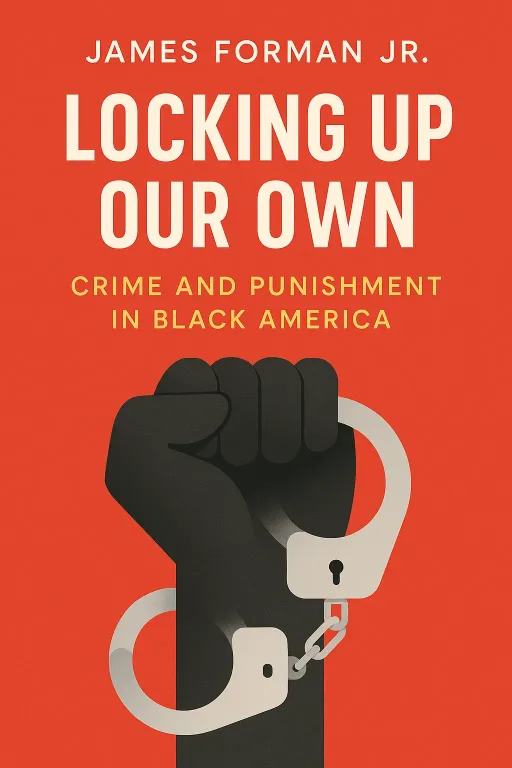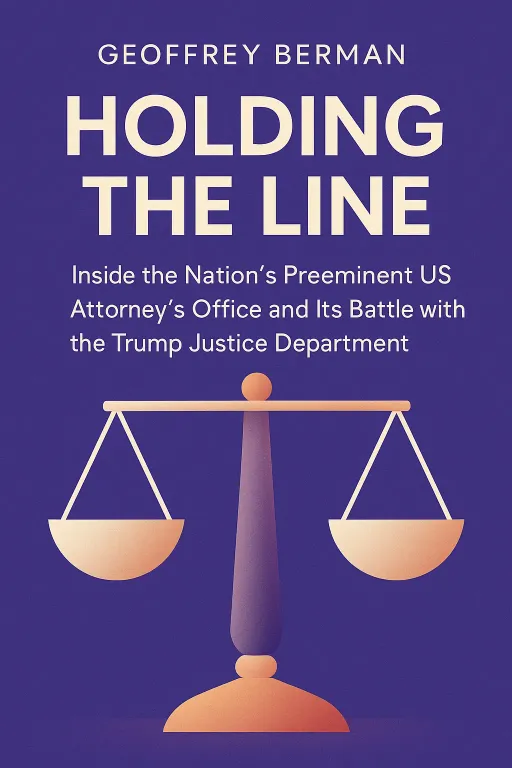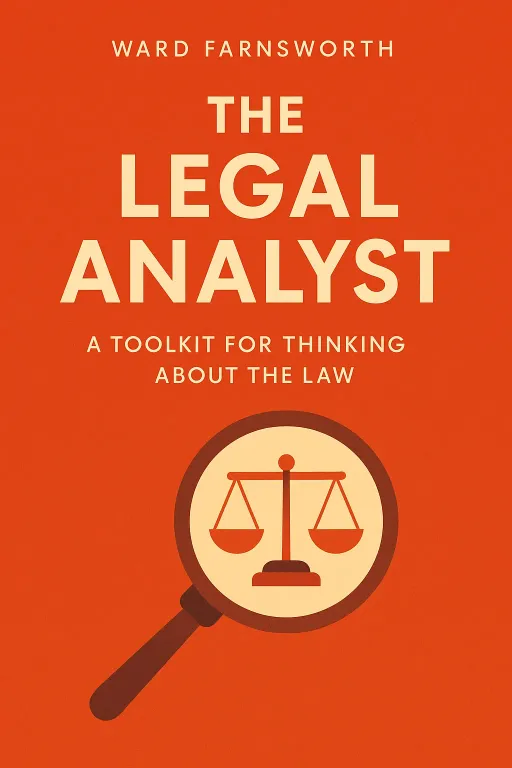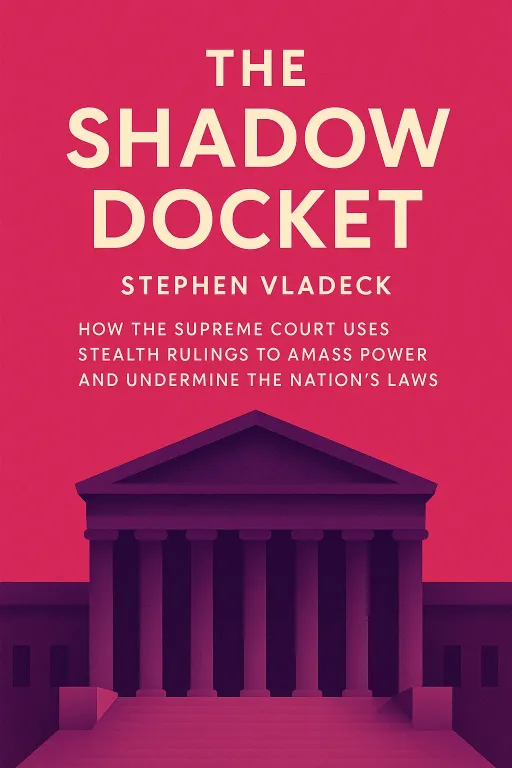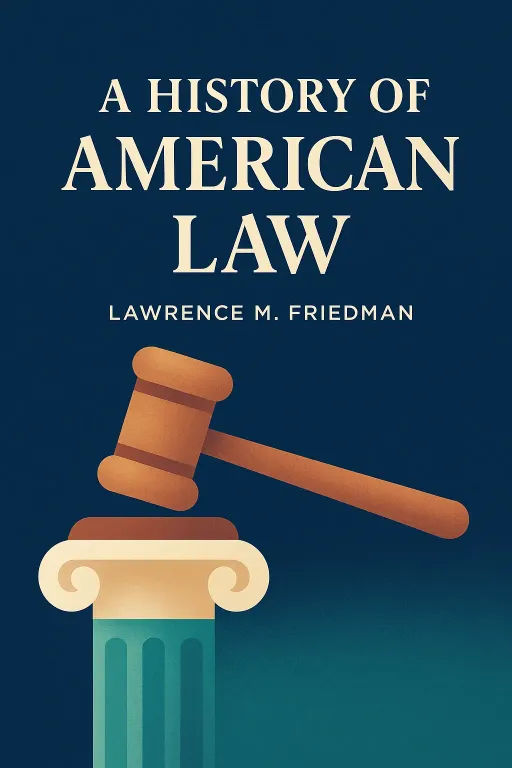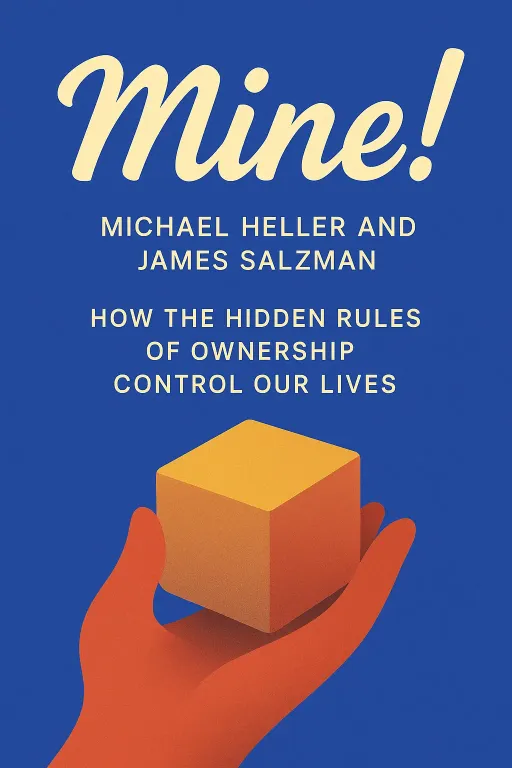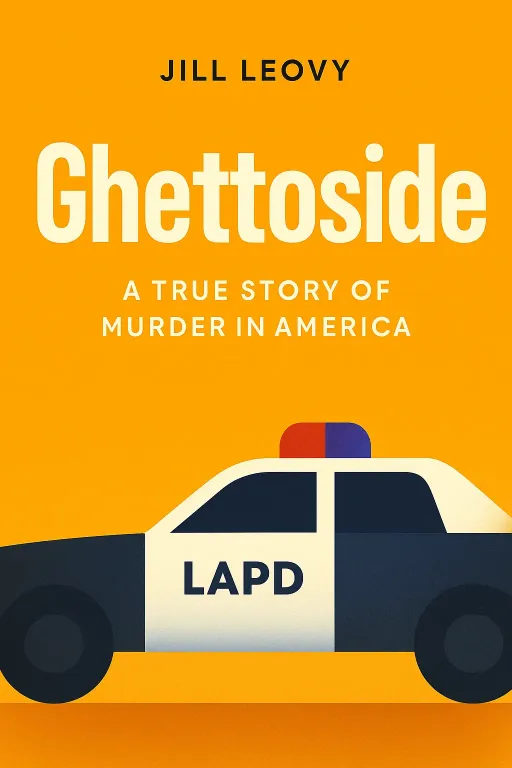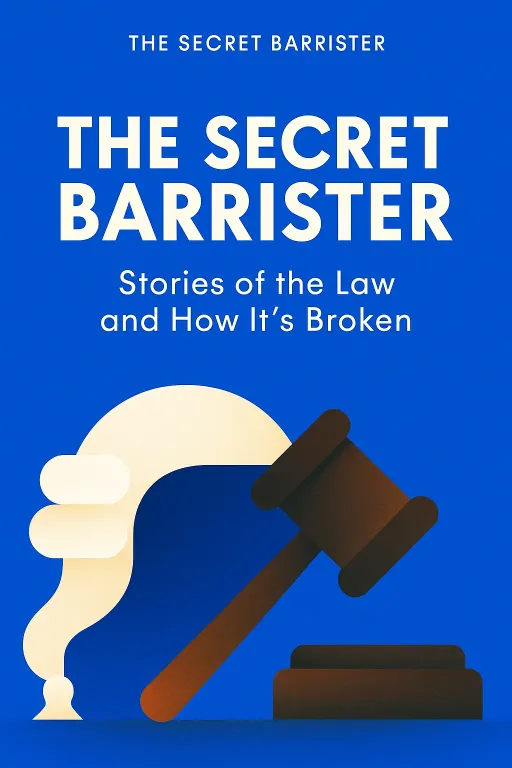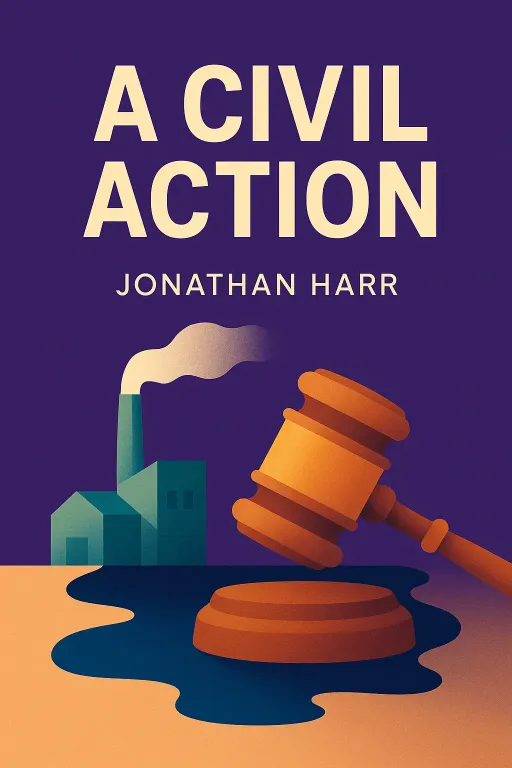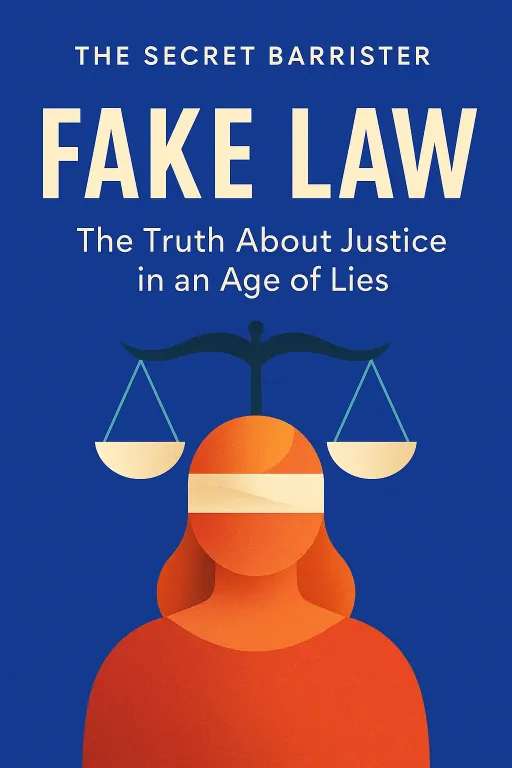
Fake Law, Real Danger
13 minThe Truth About Justice in an Age of Lies
Golden Hook & Introduction
SECTION
Michael: Kevin, what's the most ridiculous, most absurd legal decision you've ever heard of? Kevin: Oh, that's easy. It has to be that story from a few years back about the illegal immigrant who got to stay in the UK because he had a pet cat. A total mockery of the system, right? The law protecting a cat over public safety. Michael: It’s the perfect example of a system gone mad. And it’s the story that proves the law is broken. Kevin: Exactly! It makes your blood boil. Michael: Well, what if I told you that story is a complete, 100% lie? A piece of what our author today calls 'Fake Law,' and it was specifically designed to make your blood boil. Kevin: Wait, a lie? But it was everywhere! I remember the outrage. Michael: That outrage is precisely the point. And it's the core idea behind the book we’re diving into today: Fake Law: The Truth About Justice in an Age of Lies by The Secret Barrister. Kevin: The Secret Barrister... that's the anonymous author, right? The one who's actually a practicing criminal lawyer, writing from inside the system. Michael: The very same. They write from the front lines of the UK justice system, and this book is their attempt to arm the public against the myths and distortions that are, as we'll see, incredibly dangerous. The book was a huge bestseller, and it’s easy to see why. It’s a direct response to this growing feeling that the law is just a game for lawyers and a joke for the rest of us. Kevin: And the pet cat story is Exhibit A. Okay, I'm hooked. If that's a lie, what's the truth?
The Birth of 'Fake Law': How Outrage Is Manufactured
SECTION
Michael: The truth is that the story was a masterclass in misdirection. It originated from a line in a politician's speech that was deliberately distorted. The actual case was far more complex, involving a long-term relationship and children, but the cat was the detail that was plucked out and weaponized because it sounded so absurd. Kevin: Weaponized. That's a strong word. Why? Is it just for newspaper clicks, or is there something more to it? Michael: The book argues there's a much deeper agenda. These stories create a powerful narrative: that the law is an ass, that it's out of touch, and that it prioritizes the rights of criminals, foreigners, and even their pets over ordinary, law-abiding citizens. Kevin: And once we believe that... Michael: Once we believe that, we're much more willing to accept calls to "fix" this broken system. We'll support politicians who promise to get tough, to scrap legal protections, and to "rebalance" the scales of justice. Kevin: Even if those protections are actually there for us. Michael: Precisely. Take another example the book uses, which is far more tragic. You might remember headlines about a critically ill baby being "put to death by the state." The story was that the National Health Service, the NHS, refused to pay for life-saving treatment because of budget cuts, and the courts backed them up. It was framed as a cold, bureaucratic decision. Kevin: I do remember that. It was heartbreaking. The narrative was that a "governmental Death Panel," as one quote put it, had decided this child's life wasn't worth the money. Michael: Exactly. A "Death Panel." But the book digs into the court records, the actual legal and medical facts of the case. The reality was that this poor child was suffering from a catastrophic, incurable genetic condition. His brain was almost completely unresponsive, he was in constant pain, and every single medical expert, including international ones, agreed that any further treatment was futile. It wouldn't save him; it would only prolong his suffering. Kevin: Oh, wow. That's a completely different story. Michael: It is. The court's decision wasn't about money. It was about compassion. It was a decision, based on overwhelming medical evidence, that it was in the child's best interests to be allowed to die peacefully, rather than endure more pain for no reason. Kevin: So they took a family's unimaginable tragedy and twisted it into a political talking point about socialized medicine and state-sponsored euthanasia. Michael: That's the machinery of Fake Law. It takes a complex, painful human situation, strips it of all nuance, and flattens it into a simple, infuriating headline. And the book argues this isn't an accident. It's a strategy. It erodes our trust in the very institutions—the courts, the doctors, the law itself—that are meant to handle these impossible situations with care and principle. Kevin: Because if you can convince people the system is monstrous, they'll let you tear it down. Michael: And they'll cheer you on while you do it. Which brings us to the biggest, most maligned target of all.
The Human Rights Act: Public Enemy or Unsung Hero?
SECTION
Kevin: Let me guess. The Human Rights Act. Michael: You got it. The so-called 'criminals' charter.' The law that, according to the headlines, lets terrorists sue the government and foreign criminals avoid deportation. Kevin: Right, that’s the common perception. It’s a law that seems to exist only to create loopholes for the worst people in society, while doing nothing for the rest of us. Michael: The Secret Barrister argues that this might be the single most successful and damaging piece of Fake Law ever constructed. And to prove it, the book tells one of the most harrowing stories I've ever read. It's about the victims of a man named John Worboys. Kevin: The 'black cab rapist.' I remember the name. Michael: For years, Worboys drove a licensed taxi in London. He would pick up young women, tell them he'd just won the lottery, and offer them a celebratory glass of champagne. The drink would be laced with sedatives. He would then drive them to a quiet street and sexually assault them while they were unconscious or barely conscious. He is thought to have attacked over a hundred women. Kevin: That's horrifying. A predator hiding in plain sight. Michael: It gets worse. The book focuses on two of his first victims, a woman named Fiona and another named Manisha. In 2003, Fiona reported her assault to the police. She told them everything—the cab, the drugged drink, the attack. The police essentially dismissed her. They didn't check CCTV, they didn't run forensics properly, and they closed the case, concluding she was just a 'drunk with a coke habit.' Kevin: Are you serious? They just... let him go? Michael: They did. And because they failed to investigate, John Worboys remained on the streets. Four years later, he attacked Manisha. She also reported it. This time, the police identified Worboys, but their investigation was, in the court's later words, a catastrophe. They interviewed him before taking a full statement from her, accepted his denials at face value, and decided he was 'a good chap' who 'would not do that sort of thing.' They dropped the case again. Kevin: This is infuriating. He was free to keep attacking more and more women because of sheer police incompetence. Michael: Exactly. It was only years later, when the pattern became undeniable, that he was finally arrested and convicted. But for Fiona, Manisha, and dozens of other women, the damage was done. So, they decided to sue the Metropolitan Police for negligence. They argued that the police's failure to do their job had allowed a serial rapist to continue his reign of terror. Kevin: And they won, I assume? It seems like an open-and-shut case of negligence. Michael: Here's the twist. The Supreme Court of the UK ruled that, under existing law, the police did not owe a specific duty of care to individual victims in this way. In other words, under traditional negligence law, their case failed. They had no legal path to hold the police accountable for the catastrophic failures that had ruined their lives. Kevin: What? So that's it? The police can fail that badly and there's no recourse? Michael: There was one last hope. Their lawyers made an argument under a different law. They argued that the state has a positive obligation to protect its citizens from serious crime and to conduct effective investigations. This obligation, they said, came from the Human Rights Act. Kevin: Wait. The 'criminals' charter'? Michael: The very same. The court agreed. It ruled that the police's repeated, systemic failures were a breach of their duties under the Human Rights Act. It was the only legal tool that allowed these women to get any form of justice, to hold the state accountable for its failings. Without it, they would have had nothing. Kevin: Whoa. That completely flips the script. The one law that we're told is only for criminals was the only thing that gave justice to the victims. The victims of one of the worst serial predators in recent history. Michael: That's the reality of the Human Rights Act. It's not a charter for criminals. It's a charter for citizens. It’s a safety net for when the state fails you, whether that's the police, a hospital, or a government department. The Worboys case is the perfect, devastating illustration of the gap between Fake Law and real law. Kevin: That story is going to stick with me. It makes you wonder what else we've got completely backward.
The Dangerous Bargain: Trading Your Rights for a Feeling of Safety
SECTION
Michael: Exactly. And that's the book's final, chilling warning. When we believe the Fake Law narratives, when we're convinced the system is broken and our rights are being abused by villains, we start to demand that our own protections be taken away. We make a dangerous bargain. Kevin: We trade our rights for a feeling of safety. Michael: A feeling that, the book argues, is an illusion. The author uses the case of Shamima Begum to explore this. She was the British schoolgirl who travelled to Syria to join ISIS. When she wanted to return to the UK, there was a massive public outcry. Kevin: I remember it well. The feeling was overwhelming: she made her bed, let her lie in it. She joined a terrorist death cult. Why should she have any rights at all? Michael: And the Home Secretary at the time, Sajid Javid, responded to that public pressure. He revoked her British citizenship, effectively barring her from ever returning. It was an incredibly popular decision. Kevin: Okay, but come on, Michael. It's hard to feel sympathy for her. She showed no remorse. Why shouldn't the government be able to do that? Michael: The book asks us to step back from the emotion of this one case and look at the legal principle at stake. A fundamental principle of international law is that a state cannot make its own citizen stateless. The government argued she was eligible for Bangladeshi citizenship through her parents, but Bangladesh immediately denied this. So, the UK may have rendered one of its own citizens stateless. Kevin: But she's an exceptional case. A terrorist. Michael: And that's the dangerous bargain. The Secret Barrister's point is this: the principle that the state can't just strip your citizenship away isn't a right that exists for her. It's a right that exists for all of us. It's a rule that says the government doesn't get to decide who is and isn't a citizen based on their popularity or their actions. Kevin: Because once you let them do it for her... Michael: What's to stop them doing it to someone else? Who decides who is 'undeserving' next? A political activist? A journalist who criticizes the government? By cheering when the rule is broken for someone we despise, we create a precedent. We give the state a power it never had before, and we weaken a principle that protects every single citizen. We're so focused on punishing the one person we hate that we don't see we're handing the government a weapon that can one day be used against us. Kevin: It's the ultimate 'Fake Law' trap. The outrage makes us demand a 'solution' that's actually far more dangerous than the original problem. Michael: We're so busy punching the villain that we don't realize we're punching ourselves in the face.
Synthesis & Takeaways
SECTION
Kevin: Wow. So, this whole journey starts with these seemingly silly, outrageous stories like the pet cat, but they're not silly at all. They're tools. They're designed to make us angry, to make us distrust the law, and then to trick us into demanding that the very things that protect us—like the Human Rights Act or the fundamental principle of citizenship—are dismantled. Michael: That is the central thesis of Fake Law. The Secret Barrister's ultimate plea is for what they call public legal education. It's a call for all of us to develop a kind of media literacy for legal stories. To not just react to a headline that makes our blood boil, but to pause and ask a few simple questions. Kevin: Like what? Michael: Like: Is this the full story? What's the context here? Is this a complex human tragedy being flattened into a political slogan? And most importantly: Who benefits from me believing this? Who benefits from my outrage? Kevin: It’s about moving from being a passive consumer of outrage to an active, critical thinker. Michael: Exactly. The book argues that the best, and perhaps only, defense against Fake Law is an informed public that understands what's really at stake. It's not about becoming a lawyer, but about understanding that the law isn't some abstract thing that happens to other people. It's the invisible architecture that protects all of us, and it's being deliberately weakened, brick by brick, using our own anger as the wrecking ball. Kevin: That's a powerful and frankly terrifying thought. It really makes you think... the next time you see a headline about some absurd legal ruling, what's the first question you're going to ask yourself? It's not just about the story; it's about the story behind the story. Michael: This is Aibrary, signing off.
